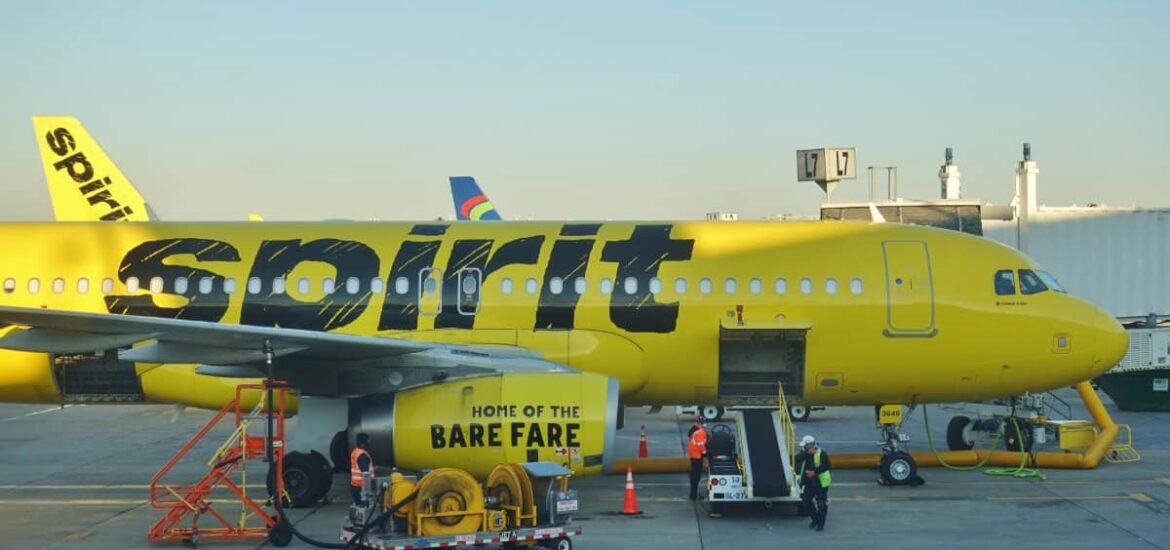After a federal judge blocked Spirit Airlines $3.8 billion merger with JetBlue Airways, the airline has been propelled into a challenging phase of decision-making and strategizing for its future.
Uncertain Future
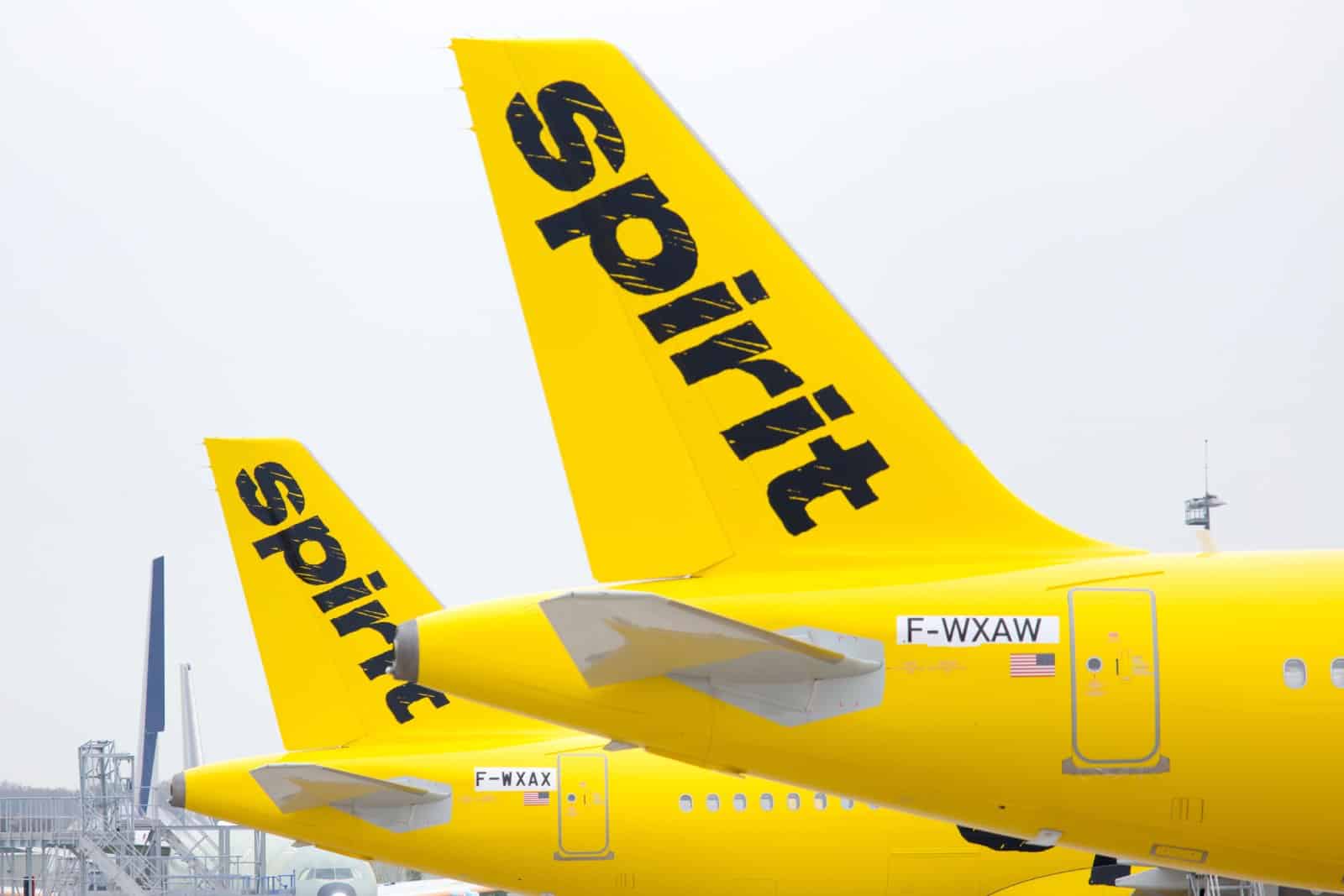
Spirit’s path ahead is clouded with uncertainty. The blocked merger with JetBlue leaves the airline to confront tough choices, including the search for a new buyer or alternative financial reinforcements. These decisions are crucial as the airline grapples with the need to sustain profitability amidst rising operating costs and supply-chain disruptions.
Debt Repayment Challenges

The airline is under pressure to manage its debts, with repayments due next year. Spirit attempted to ease this burden by completing sale and leaseback transactions for dozens of planes, aiming to repay around $465 million of debt. However, the lack of a clear path to earnings recovery casts doubt on its ability to navigate these financial obligations effectively.
Bankruptcy Filing Consideration

Analysts speculate that Spirit might contemplate a bankruptcy filing. This drastic step would allow the airline to restructure its balance sheet and emerge as a more financially robust entity. Such a move, while alarming, could be a strategic step to secure the airline’s future in the highly competitive aviation industry.
Analyst Perspectives

Experts like Helane Becker from TD Cowen and Conor Cunningham from Melius Research have voiced their concerns. Becker predicts a possible bankruptcy filing, while Cunningham sees limited scenarios that will enable Spirit to restructure.
Cash Burn and Capital Raising

Spirit’s financial health is a pressing concern, with predictions of continued cash burn in the coming years. The need to raise additional capital is inevitable for the airline to stay afloat, a key reason the blocked merger on the company’s operational stability is so devastating.
Spirit’s Response
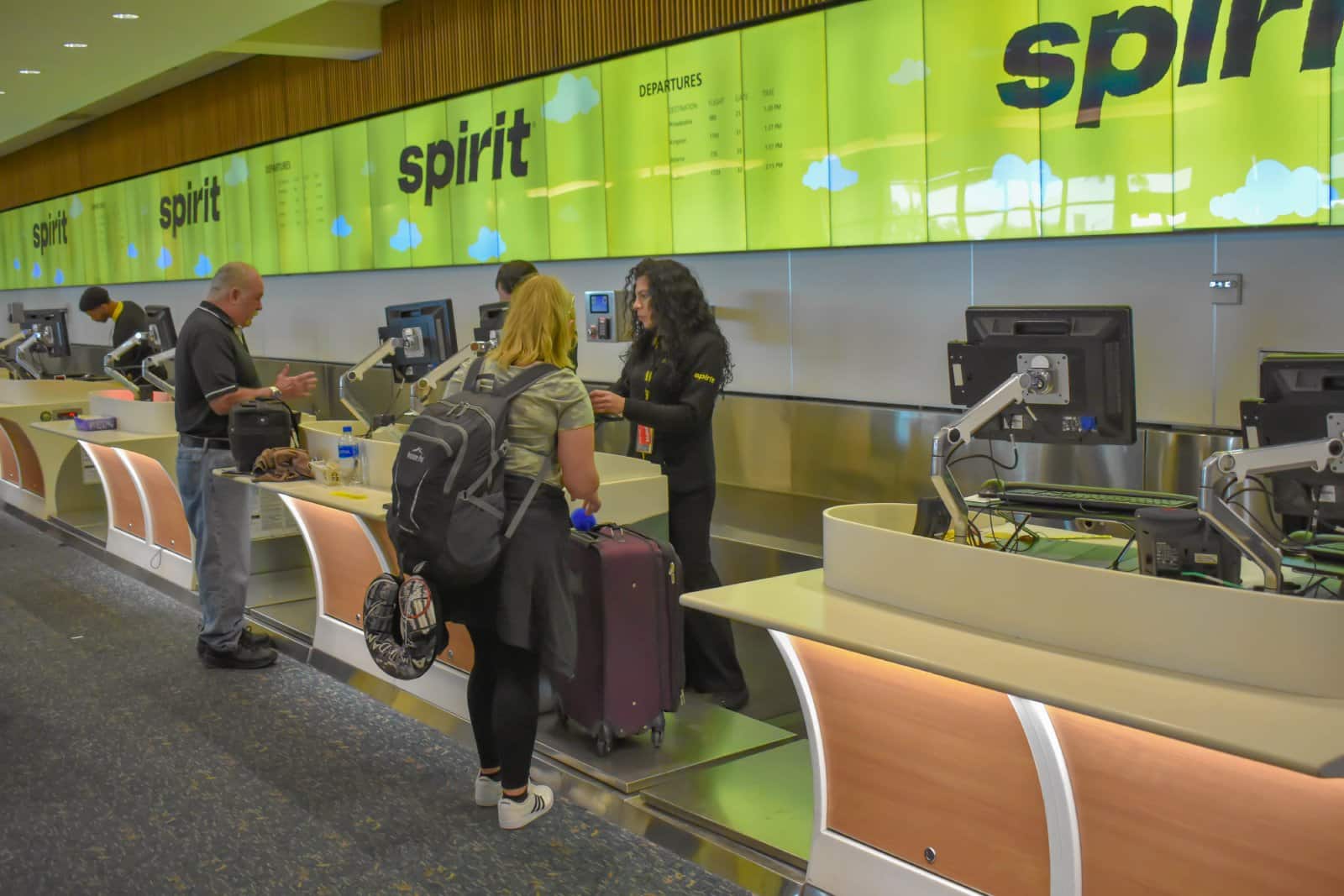
When approached for comments, a Spirit spokesperson highlighted the recent capital raise but didn’t provide further details. This response points to the airline’s ongoing efforts to secure its financial base in the face of adversity.
Grounded Fleet
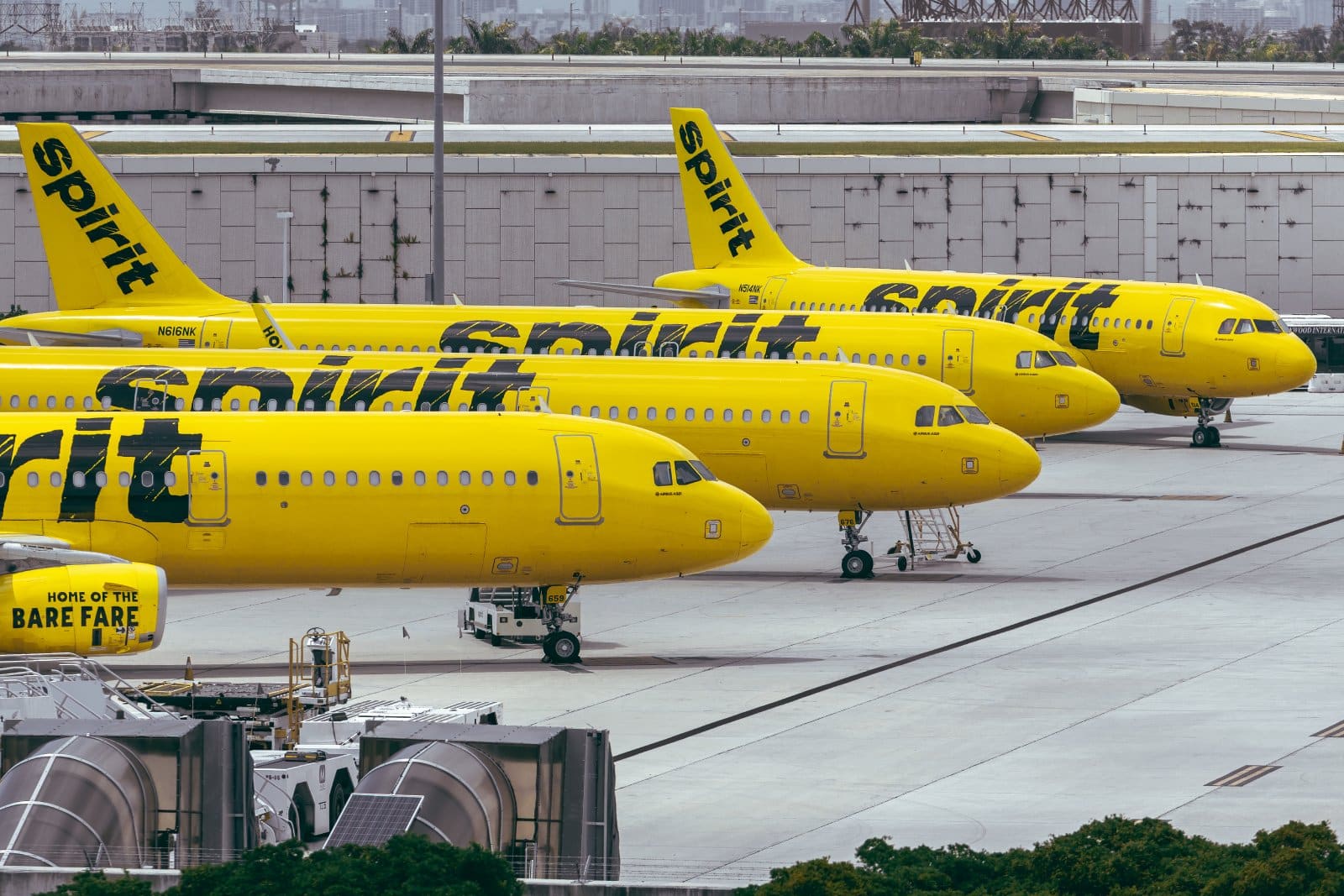
Further compounding Spirit’s troubles is its struggle with Pratt & Whitney’s Geared Turbofan (GTF) engines. Being the largest operator of GTF-powered aircraft in the U.S., Spirit had to ground several planes last year, a problem that is expected to escalate in 2024. Estimates suggest a steady increase in grounded planes, from 13 in January to a projected 41 by December 2024.
Competitive Market Pressures

Spirit also faces intense competition in its key markets, which affects its pricing strategy. To maintain occupancy, the airline is compelled to offer substantial discounts, a move that further strains its financial health.
Reviewing Growth Strategies

Following its earnings report in October, Spirit announced a review of its growth strategy in response to softer demand. This revision indicates the airline’s effort to adapt its operations to the changing market conditions.
Stock Market Reaction

The court’s decision led to a drastic drop in Spirit’s stock value, with shares plunging by 47%. In contrast, JetBlue’s shares experienced a 5% increase. The plummeting stock value of Spirit has raised concerns about the potential impact on JetBlue’s balance sheet post-merger.
Regulatory Roadblocks
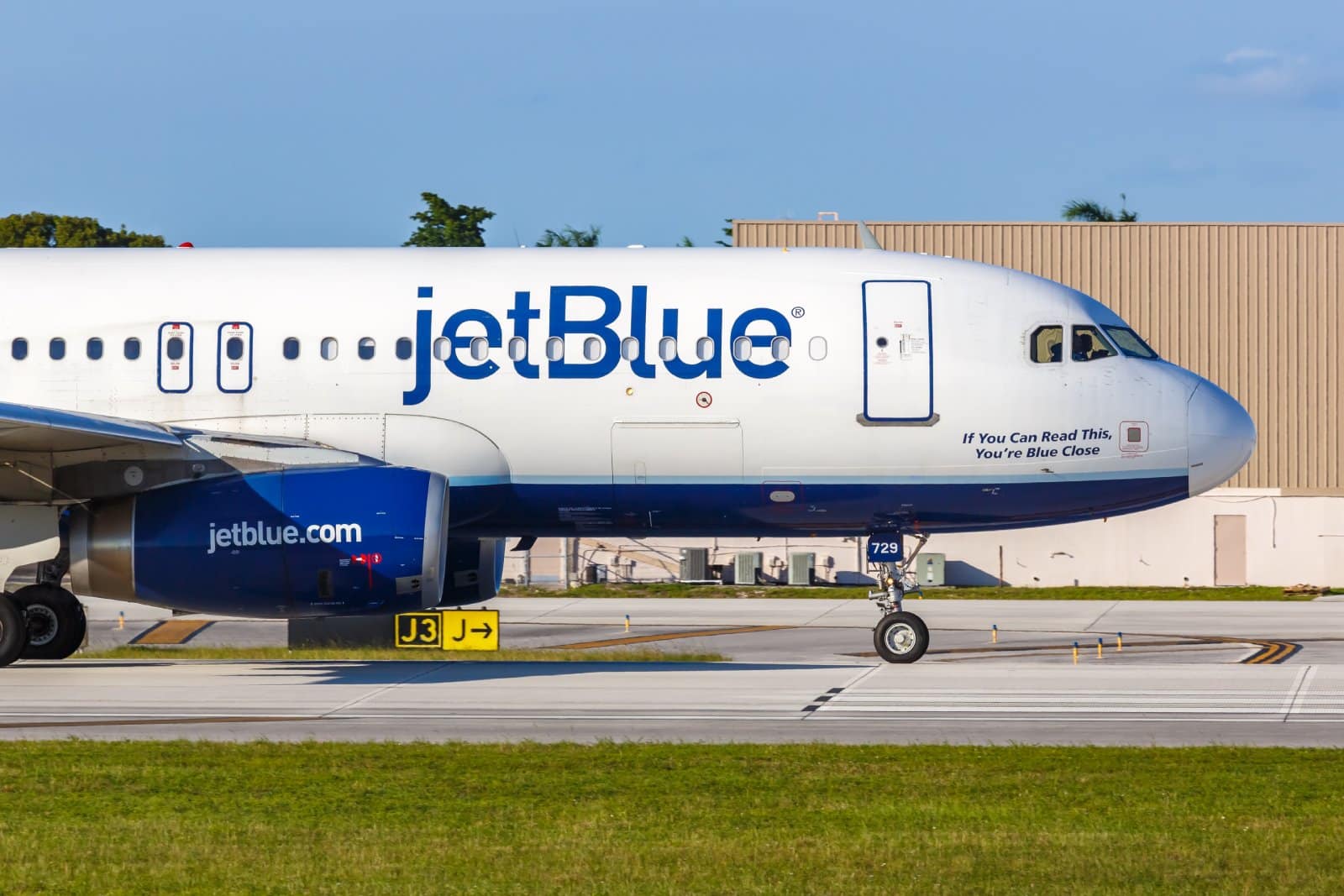
The Justice Department’s concerns over competition stemming from the JetBlue deal remain a major obstacle. The judge overseeing the case suggested that asset divestitures might not suffice, with the Department advocating for a complete halt to the merger to preserve market competition.
Frontier Airlines: A Potential Bidder?
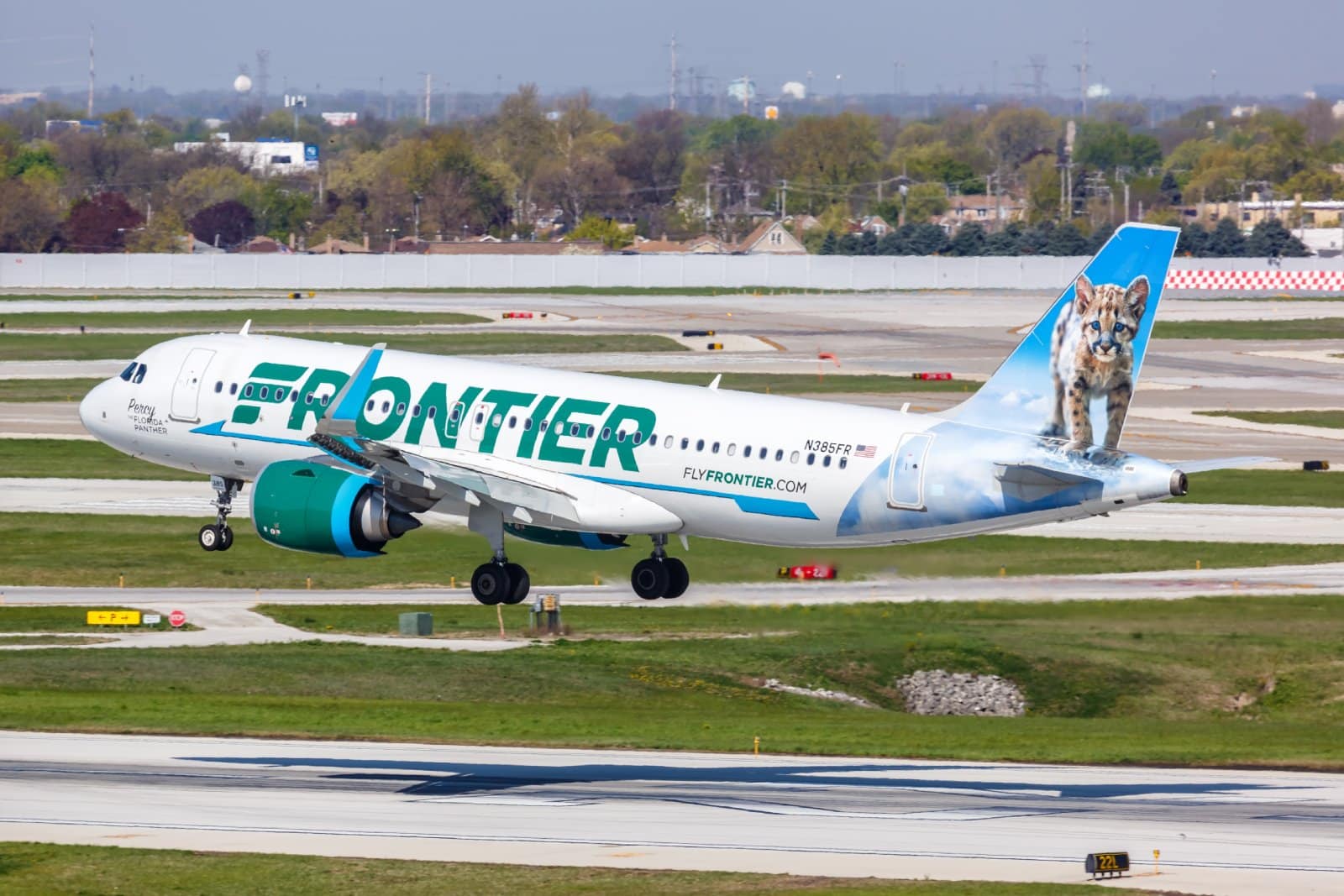
Frontier Airlines, having lost a previous bidding war for Spirit, may re-enter the fray. Bill Franke of Indigo Partners, which owns a majority stake in Frontier, has not dismissed the possibility of a new bid for Spirit if the JetBlue deal falls through.
Strategic Planning Needed

Spirit Airlines now faces the task of devising a new strategic plan. With its initial plans to merge with Frontier and then JetBlue now unviable, the airline must explore alternate routes to navigate its financial and operational challenges. Strategic alliances will play a crucial role in defining the airline’s success or struggle.
Impact on Low-Cost Travel Market

The obstacles facing Spirit Airlines could have significant repercussions for the low-cost travel market in the U.S. This situation highlights the complexities and challenges within the airline industry, especially for budget carriers trying to maintain profitability amidst operational and competitive pressures.
Bankruptcy Impacts on American Travelers
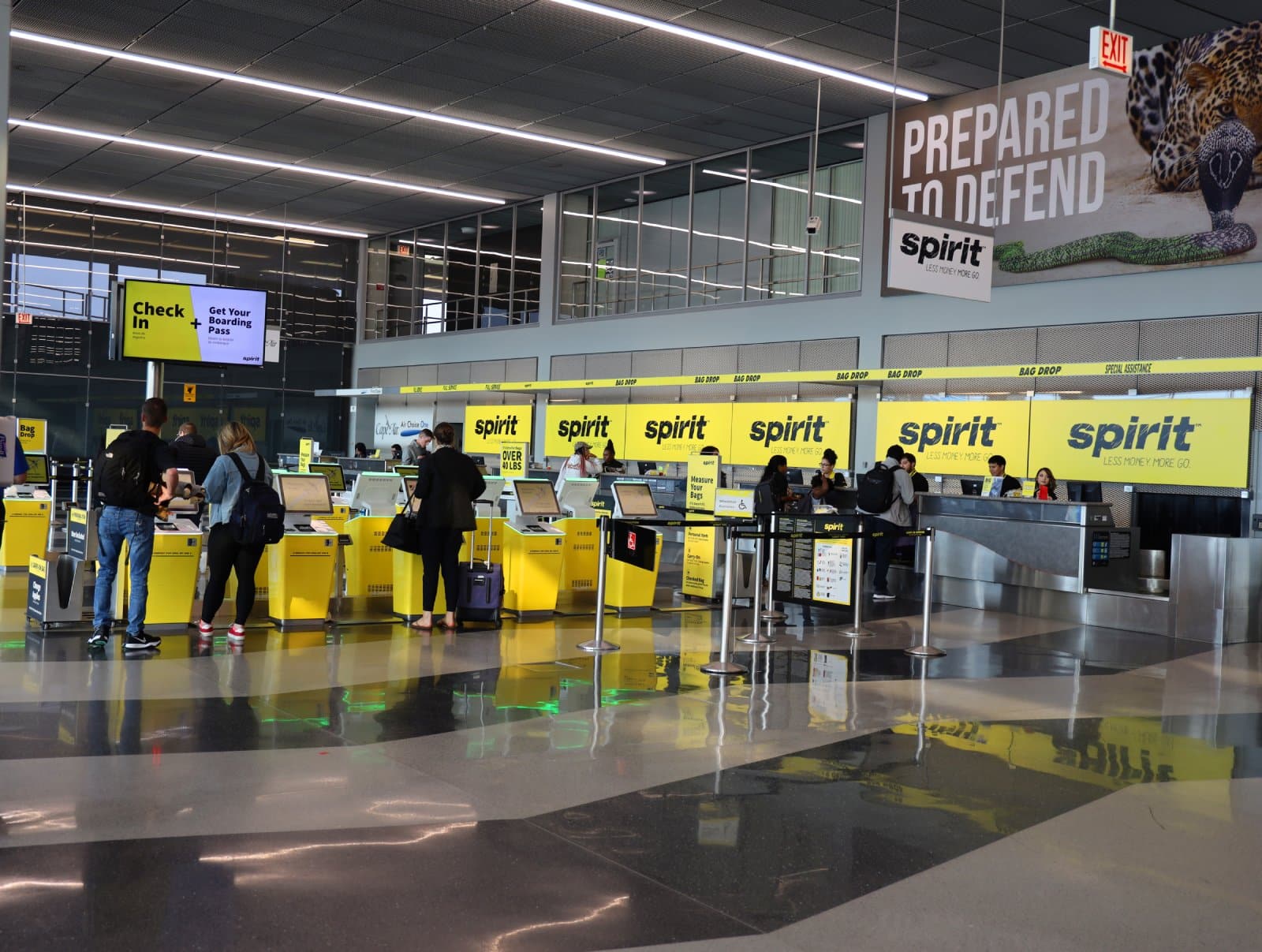
If Spirit Airlines were to file for bankruptcy, American travelers could face immediate and long-term consequences. From flight cancellations or schedule disruptions in the short term, to reduced competition, higher ticket prices, and fewer flight options going forward. This scenario could significantly impact budget-conscious travelers, making affordable travel less accessible.
More From Frugal to Free…
U.S. Budget Breakthrough: A Huge Step Forward Amidst Looming Shutdown Threat
Will Easing Inflation in America Continue?
The post Turbulent Times for Spirit Airlines Following Merger Block first appeared on From Frugal to Free.
Featured Image Credit: Shutterstock / EQRoy. The people shown in the images are for illustrative purposes only, not the actual people featured in the story.
The content of this article is for informational purposes only and does not constitute or replace professional financial advice.
